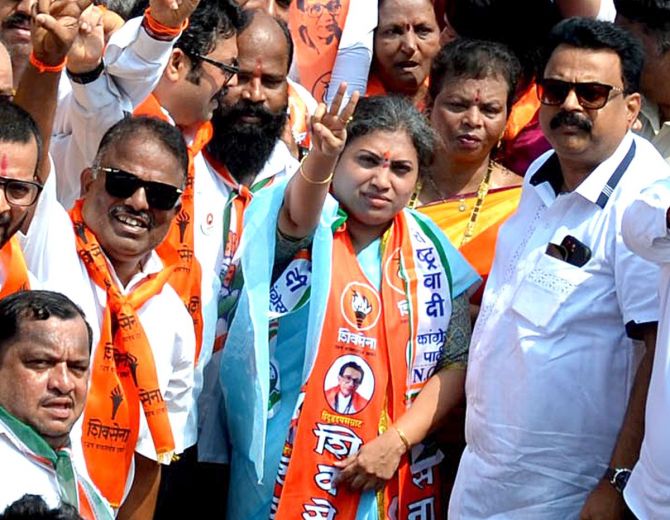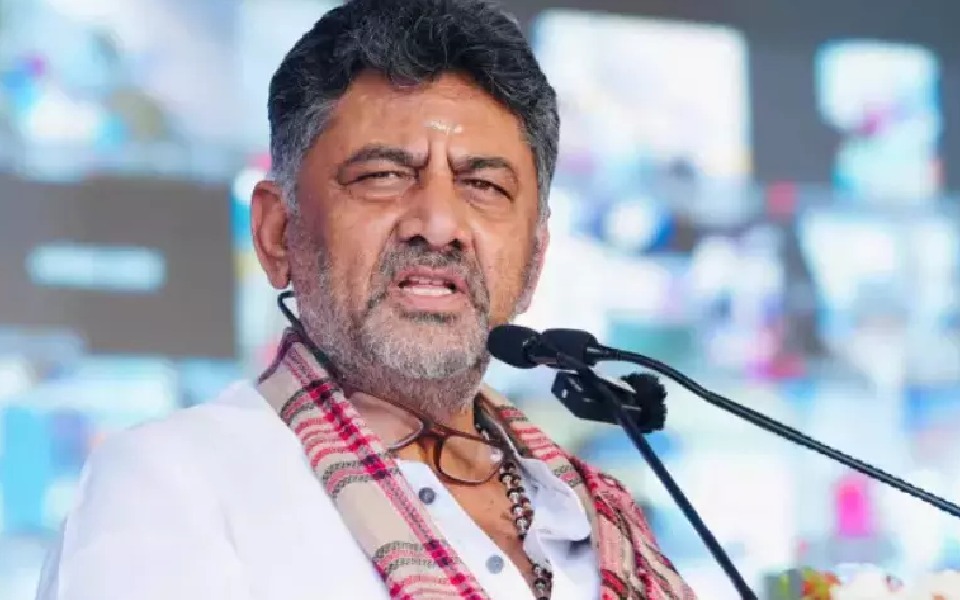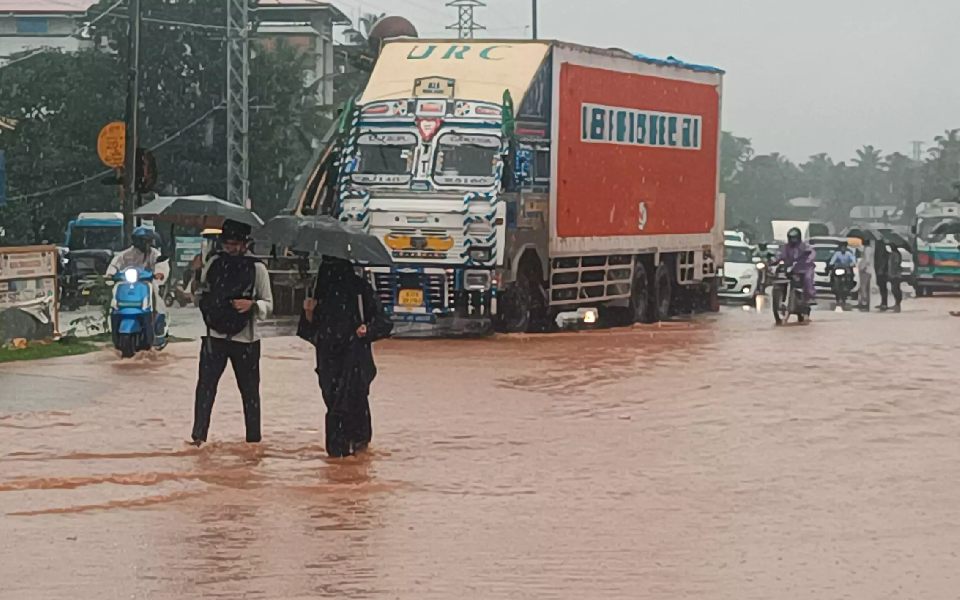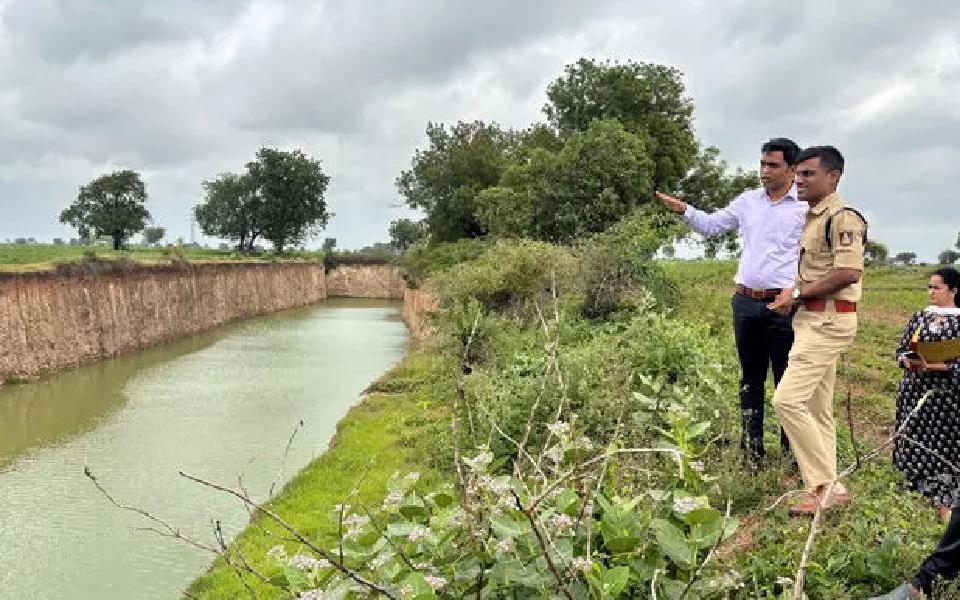Mumbai (PTI): Rutuja Latke, the candidate of the Shiv Sena (Uddhav Balasaheb Thackeray), on Sunday won the bypoll to Andheri (East) Assembly seat, bagging more than 66,000 votes, followed by the None Of The Above (NOTA) option.
The NOTA gives an option to electors not to vote in favour of any of the candidates in an election.
Latke got 66,530 votes out of the total 86,570 votes, while 12,806 votes were polled in favour of NOTA, an official said.
Latke was pitted against six independent candidates.
The November 3 byelection was necessitated due to the death of sitting Shiv Sena MLA and Rutuja Latke's Ramesh Latke in May this year. It was, however, a mere formality after the Bharatiya Janata Party (BJP) withdrew its candidate from the race.
This was the first electoral contest in Maharashtra after the Uddhav Thackeray-led Maha Vikas Aghadi (MVA) government collapsed in June following a revolt by a section of Shiv Sena MLAs led by Eknath Shinde.
After the bypoll result was declared, Thackeray said Rutuja Latke's victory showed that people were supporting Shiv Sena. "This is just the beginning of a fight. The (party) symbol is important but people look for the character too. The bypoll results show people support us," Thackeray told reporters after Rutuja Latke called on him at his residence 'Matoshree' following the victory.
Sena's Ramesh Latke had represented the Andheri (East) Assembly seat twice.
The Shiv Sena had won 56 seats in the 2019 Maharashtra Assembly polls. Ramesh Latke's death in May brought its tally down to 55.
In June, 40 Sena legislators led by Eknath Shinde revolted against the party leadership, resulting in the collapse of the MVA government.
The Nationalist Congress Party (NCP) and the Congress, both constituents of the MVA, supported Rutuja Latke's candidature.
Let the Truth be known. If you read VB and like VB, please be a VB Supporter and Help us deliver the Truth to one and all.
Mumbai, Jul 25 (PTI): Police have opposed the bail plea of the Bangladeshi national arrested for allegedly stabbing Bollywood actor Saif Ali Khan with a knife and injuring him at his home here in January this year, telling a Mumbai court there was "strong evidence" against the accused.
Citing a Forensic Science Laboratory report, police reiterated before the sessions court their earlier claim knife fragments that got lodged near the actor's spine during the attack as well as a part found at the crime spot have matched with the weapon recovered from the accused, Shariful Islam.
These three pieces were part of the same weapon (knife) used to attack the filmstar, the police said in a written response to the accused's plea submitted in the court on Thursday (July 24).
Khan was repeatedly stabbed with a knife by an intruder inside his 12th floor apartment in upscale Bandra on January 16 during a robbery attempt.
The 54-year-old actor underwent surgery at Lilavati Hospital to remove a piece of knife that got lodged near his spine during the attack. He was discharged from the private hospital after five days.
Shariful Islam, a Bangladeshi national, was arrested two days later for allegedly stabbing Khan.
The police, in their response, highlighted that the accused is a Bangladeshi citizen residing illegally in India.
If granted bail, there was a possibility that he may flee India and not appear before the court during the trial. The crime committed by the accused is of a "very serious nature, and strong evidence" is available against him, they argued.
In his bail plea, filed through advocate Vipul Dushing, the accused asserted he was innocent and had no prior criminal record.
Investigation into the case has practically concluded with only the filing of a chargesheet pending, the accused contended while seeking bail.
The alleged attacker has been booked under Bharatiya Nyaya Sanhita (BNS) sections related to house trespass, robbery and dacoity with attempt to cause death or grievous injury.





